Washable primary filters 592*592*46 3200m³/h 0.82m²
Reference Price:US$from $3
Min. Order:1 unitCleanroom
Washable primary filters 592*592*46 3200m³/h 0.82m²
Choose your installation & validation options below
Quantity:
Choose your upgrade options
Quantity:
Summary
Washable primary filters 592*592*46 3200m³/h 0.82m²
Validation
Installation & Validation
Product Description
Washable primary filters are used in the primary filtration of air conditioning systems, mainly for filtering dust particles above 5μm.
There are three styles of primary effect filters: plate type, folded type and bag type, with paper frame, aluminum frame and galvanized iron frame, non-woven fabric, nylon mesh, activated carbon filter material and metal hole mesh, and double-sided sprayed wire mesh and double-sided galvanized wire mesh as protective netting. This washable primary filter uses metal plate frame and the filter material uses high quality polyester fiber.
| Filter material | Ultra-fine glass fiber filter paper |
| Sealing glue | PU two-component polyurethane AB glue |
| Frame material | Aluminum profile frame |
| Protective net | Spray-coated diamond mesh |
| Divider | EVA hot melt glue |
| Sealing strips | EVA or neoprene |
| Filtration efficiency | H13:99.97-99 99%@0. 3um H14:99. 995-99 999%@0. 3um |
| Maximum operating temperature | 70℃ |
| Maximum operating humidity | 80% |
Design Features
Sturdy and removable outer frame: the sturdy aluminum alloy frame is used, fixed with aluminum alloy corners, which has a sturdy and stable structure and ensures that the filter will not be deformed or damaged under poor working conditions, and the outer frame is chosen to be removable to facilitate replacement of the filter material for the purpose of frame reuse; the filter mesh is made of special reinforcement bars to further enhance the sturdiness of the filter.
The filter mesh is made of special reinforcement, which further enhances the sturdiness of the filter. Together with the balanced spacing and double reinforcement planning to ensure that the filter mesh is of equal pleat shape, so that the filter can achieve the dust capacity at the time of minimum resistance.
The filter media is made of high-quality polyester synthetic fiber, which can be washed and reused repeatedly and has a long service life. The fluffy and gradually dense fiber structure ensures a high dust collection rate and a large dust capacity, which effectively prolongs the service life of its back-end intermediate-effect filter.
Filtration efficiency grade: G1, G2, G3, G4 (EN779).
photo





Material composition
Coarse, medium, high, medium and high efficiency, sub-high efficiency, high efficiency, ultra-high efficiency 6 kinds of filters have their own purposes, must be used correctly, if not used properly, not only will not work but also produce bad or even the opposite effect. Therefore, the design, construction and maintenance management of cleanrooms should pay special attention to the personnel.
Coarse filter is used as a pre-filter, generally set up in the air conditioning box, its role is to filter large particles of particles, in order to protect the subsequent air conditioning equipment (such as the table cooler and heater, etc.) and intermediate as well as more advanced filters. Generally coarse-effect filters cannot be used as terminal filters.
Medium-effect filter is generally located in the positive pressure section of the air conditioning box, and its role is to protect the sub-high-efficiency, high-efficiency filters and other terminal filters. It removes small and medium-sized particles ≥ 1.0µm. Generally, the intermediate filter is an intermediate filter, which can not be used as a pre-filter, nor can it be used as a terminal filter.
High-efficiency and ultra-high-efficiency filters are used as terminal filters in purification systems. They are generally placed on the ceiling of the clean room. High-efficiency filters (HEPA) are the necessary terminal filters for cleanrooms. Ultra-high-efficiency filters are 0.1µm, class 10, class 1 or higher level cleanrooms must have terminal filters.
Product dimensions parameters
| Size (W*H*D)mm | Filter siz e(W*H*D)(mm) | Rated air volume (m3/h) | Filter are a(m2) | Dust holding capacity(g) | Initial resistance(Pa) | Final resistance(Pa) | Filtration efficiency |
| 360*360*180 | 320*320*69 | 250 | 2.89 | ≈180 | ≤200 ≤220 | 400-600 | H13 H14 |
| 524*524*180 | 484*484*69 | 600 | 6.55 | ≈400 | ≤200 ≤220 | 400-600 | H13 H14 |
| 650*650*180 | 610*610*69 | 1000 | 10.37 | ≈650 | ≤200 ≤220 | 400-600 | H13 H14 |
| 955*650*180 | 915*610*69 | 1500 | 15.39 | ≈930 | ≤200 ≤220 | 400-600 | H13 H14 |
| 1210*610*180 | 1170*570*69 | 1800 | 18.28 | ≈1100 | ≤200 ≤220 | 400-600 | H13 H14 |
| 1260*650*180 | 1220*610*69 | 2000 | 20.41 | ≈1250 | ≤200 ≤220 | 400-600 | H13 H14 |
FAQ
1. Do washable filters require any special handling?
Yes, washable filters do require some special handling to maintain their effectiveness. While they are designed for cleaning and reuse, you should avoid harsh chemicals or excessive force during cleaning. Always follow the manufacturer’s instructions for optimal care.
2. How to avoid damaging a washable filter during cleaning?
To avoid damaging a washable filter, you should:
Use a soft brush or gentle vacuum to remove loose debris.
Rinse with lukewarm water, avoiding high-pressure water flow.
Let the filter dry completely before reinstalling it.
Avoid using abrasive tools or harsh cleaning agents that could weaken the filter material.
3. How to extend the life of a washable air filter?
To extend the life of a washable air filter, clean it regularly and ensure it is completely dry before reusing. If possible, use a vacuum to remove larger debris before washing. Regular maintenance and careful handling will help maximize the filter’s lifespan.
4. How to prevent tearing in washable filters?
To prevent tearing in washable filters, handle them gently during cleaning. Avoid using excessive pressure when rinsing or brushing the filter. Additionally, make sure the filter is dried in a well-ventilated area and never use high heat, as it can weaken the material.
5. Do washable filters reduce energy consumption?
Washable filters can indirectly reduce energy consumption by maintaining airflow efficiency. Since they are cleaned and reused, there is less need for frequent replacement of filters, which can add to environmental and economic costs. Proper maintenance also ensures that air purifiers and HVAC systems work at optimal efficiency.
6. What are replaceable washable primary filters?
Replaceable washable primary filters are filters designed for use in air purifiers and HVAC systems that can be cleaned and reused instead of replaced. They are durable and designed to capture larger particles, reducing the load on finer filters. These filters are eco-friendly and cost-effective for long-term use.
7. What tools do I need to clean a washable filter?
To clean a washable filter, you typically need the following tools:
A vacuum cleaner with a brush attachment
Lukewarm water
A mild detergent (if needed)
A soft brush (for delicate cleaning)
These tools will help remove dirt and debris without damaging the filter material.
8. How to prevent mold in washable filters?
To prevent mold in washable filters, make sure to dry the filter completely after cleaning. Mold thrives in damp environments, so never reinstall a filter that is still wet. If possible, place the filter in a dry, well-ventilated area to allow it to air dry thoroughly.
9. Which air purifiers use washable primary filters?
Several air purifier brands offer models that use washable primary filters. Some of the most common brands include Dyson, Honeywell, and Levoit. These models are designed for consumers who want a reusable option that reduces waste and saves on filter replacement costs.
10. How to know when to replace a washable filter?
It’s time to replace a washable filter when cleaning it no longer restores its original effectiveness, or if it has become physically damaged. Many manufacturers provide guidelines on filter lifespan, and some models include indicators to alert users when the filter is no longer performing at its best.
11. How to disinfect a washable pre-filter?
To disinfect a washable pre-filter, clean it as usual with water and mild detergent. After rinsing thoroughly, soak the filter in a solution of water and vinegar or a diluted disinfectant for about 15 minutes. Rinse again and allow the filter to air dry completely.
12. How to dry a washable pre-filter after cleaning?
After cleaning a washable pre-filter, shake off excess water and let it air dry. Place it in a well-ventilated area, preferably outdoors, but avoid direct sunlight or heat sources. Ensure the filter is completely dry before reinstalling it to prevent mold or bacterial growth.
13. What are the common problems with washable filters?
Common problems with washable filters include clogging, reduced efficiency over time, and damage from improper cleaning. If the filter material is torn or weakened, it may no longer capture particles effectively. Regular inspection and proper cleaning are essential to avoid these issues.
14. How to clean a washable pre-filter?
To clean a washable pre-filter, first remove it from your device. Use a vacuum cleaner with a soft brush attachment to remove dust and debris. Then, rinse the filter under lukewarm water, ensuring you remove any remaining particles. Optionally, use a mild detergent if necessary, but always rinse thoroughly.
15. How to ensure a snug fit for a washable filter?
To ensure a snug fit for a washable filter, check that it is properly aligned in its designated space. Clean the filter edges to prevent debris buildup that may cause it to fit poorly. If the filter is damaged or warped, it might be time for a replacement.
16. Do washable filters require frequent maintenance?
While washable filters do not require frequent replacement, they do need regular maintenance. Cleaning should be done every 1-3 months, depending on the environment and usage. Ensuring that the filter is properly cleaned and dried will keep it functioning efficiently.
Factory Production Workshop Video
Factory Photo
Product Packaging And International Logistics
Product International Certification

Find Other Common Equipment Recommendations
-

Modular CleanRoom
US$9000-10000 USD/Unit
Min. Order:1 unit -

Air Shower
US$1000.00-5000.00 USD/Unit
Min. Order:1 unit -

Downflow Booth
US$3000-6000 USD/Unit
Min. Order:1 unit -

Clean bench
US$600-2000 USD/Unit
Min. Order:1 unit -

Air Filter
US$3-50 USD/Unit
Min. Order:1 unit -

Cleanroom Wall Panels
US$10-20 USD/sq.
Min. Order:1 unit -
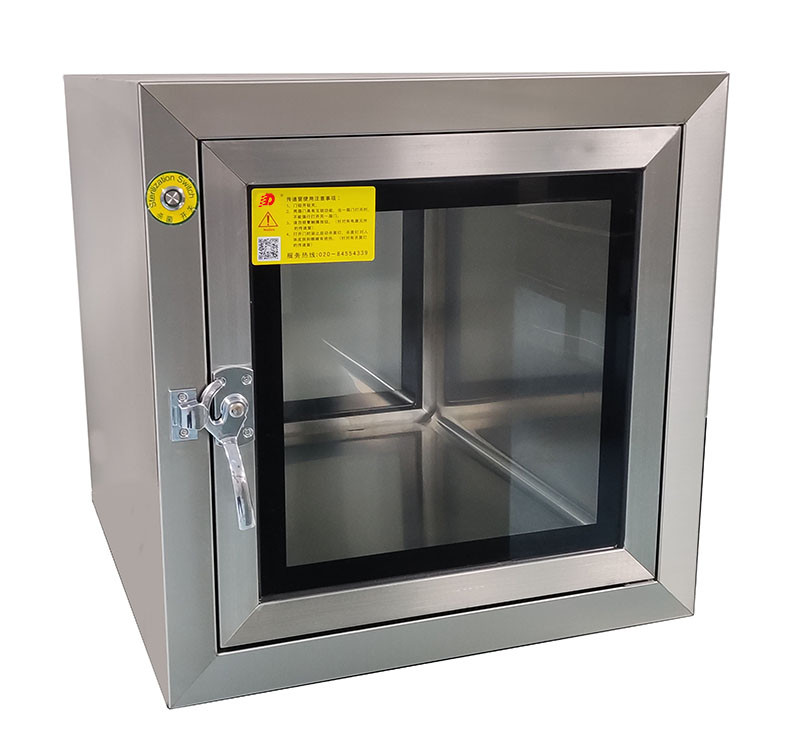
Pass Box
US$200-500 USD/Unit
Min. Order:1 unit -
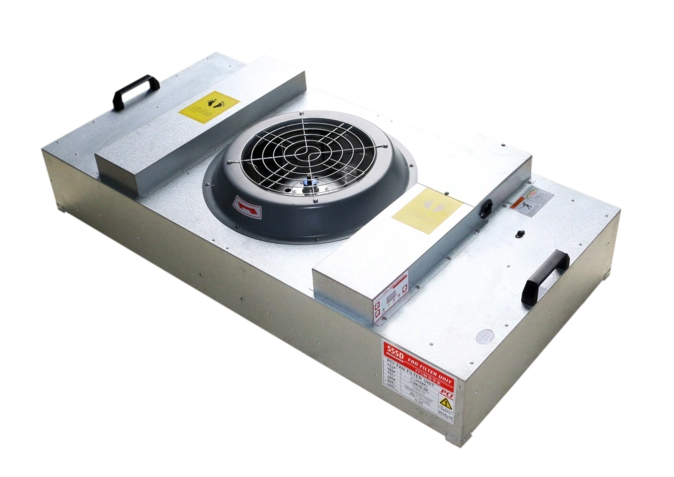
FFU
US$135-350 USD/Unit
Min. Order:1 unit -
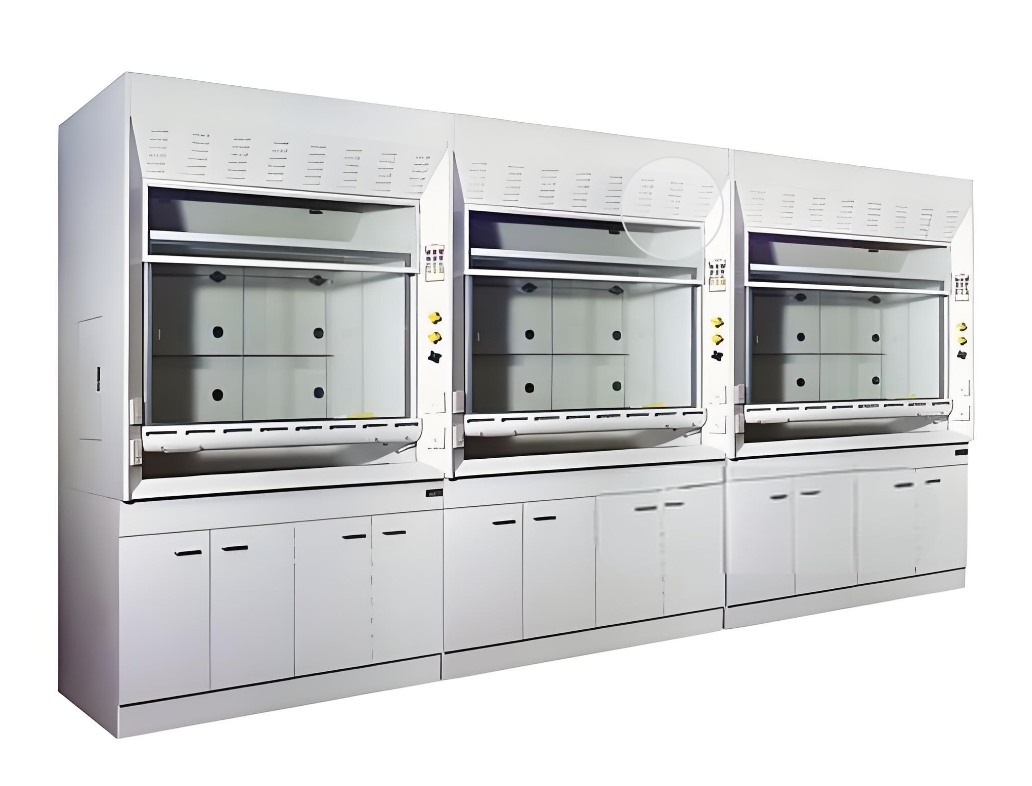
Fume Hood
US$700-1500 USD/Unit
Min. Order:1 unit -
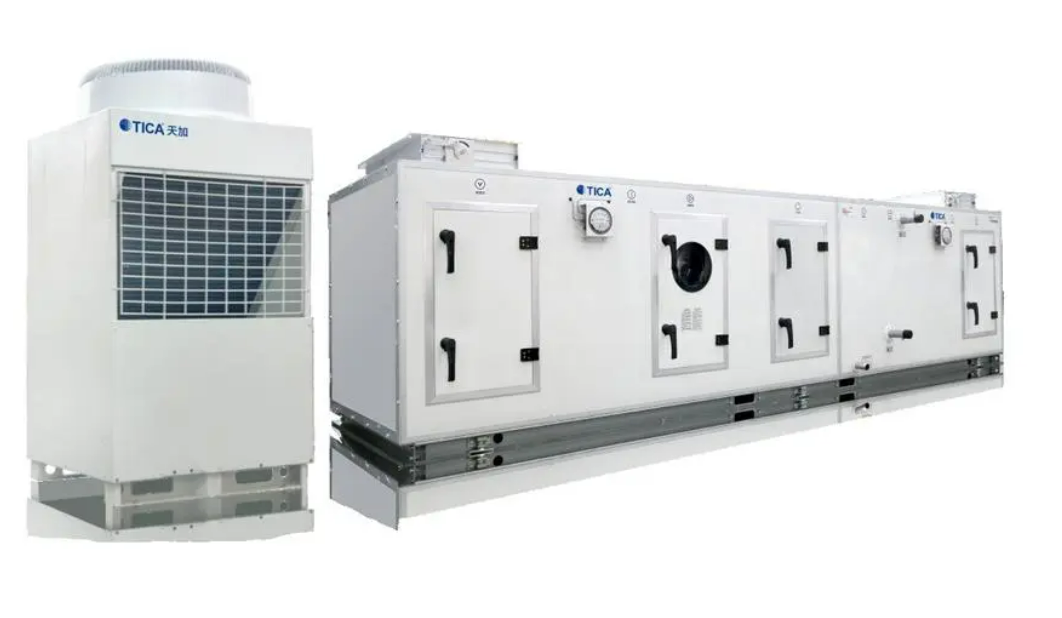
Cleanroom HVAC
US$5000-20000 USD/Unit
Min. Order:1 unit -
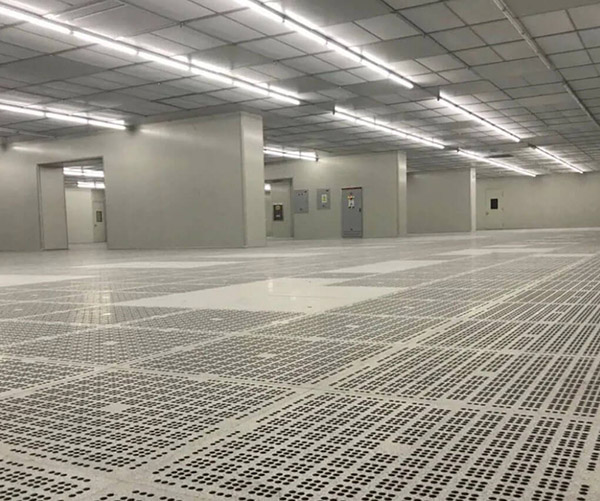
Clean room floor
US$5-20 USD/Sq.
Min. Order:1 unit -
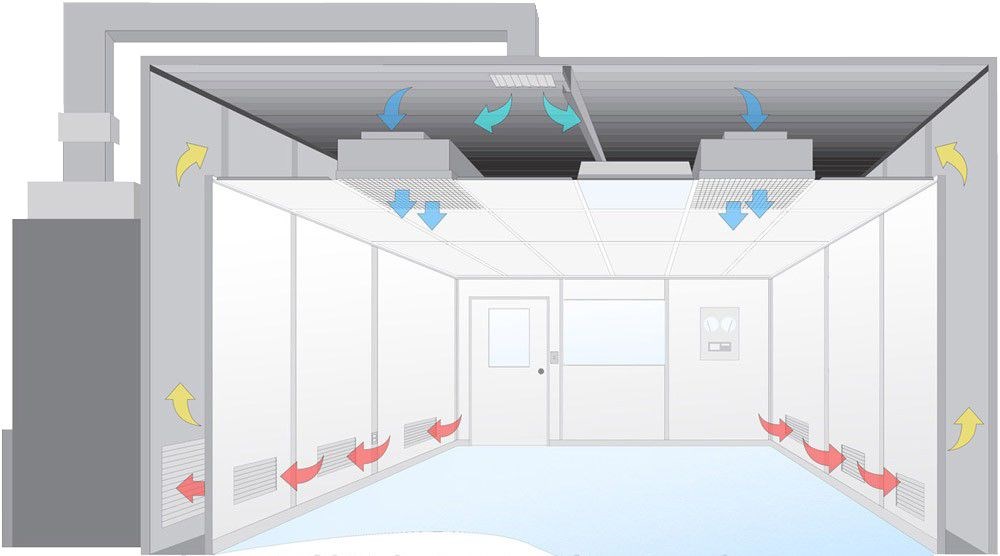
Clean room ceiling
US$
Min. Order:1 unit
 +86 18186671616
+86 18186671616 Jason@cleanroomequips.com
Jason@cleanroomequips.com
 MENU
MENU














